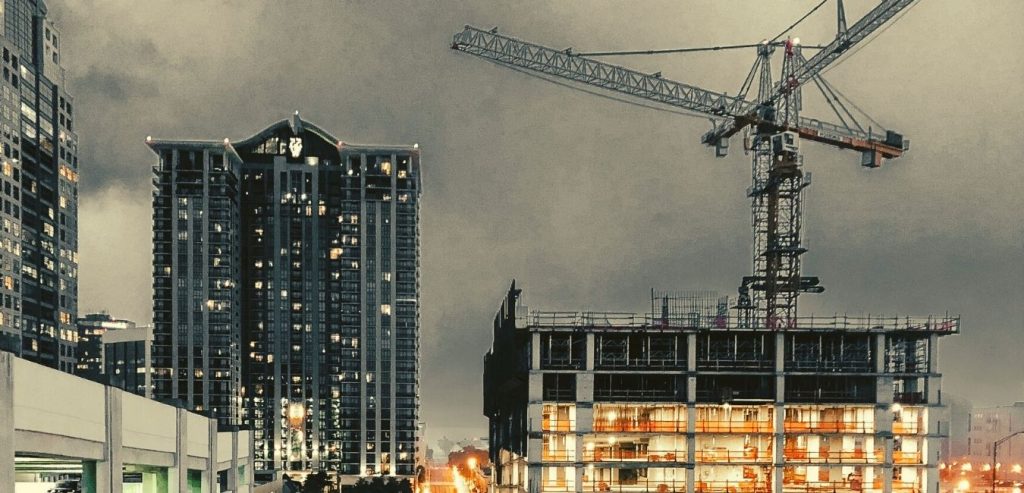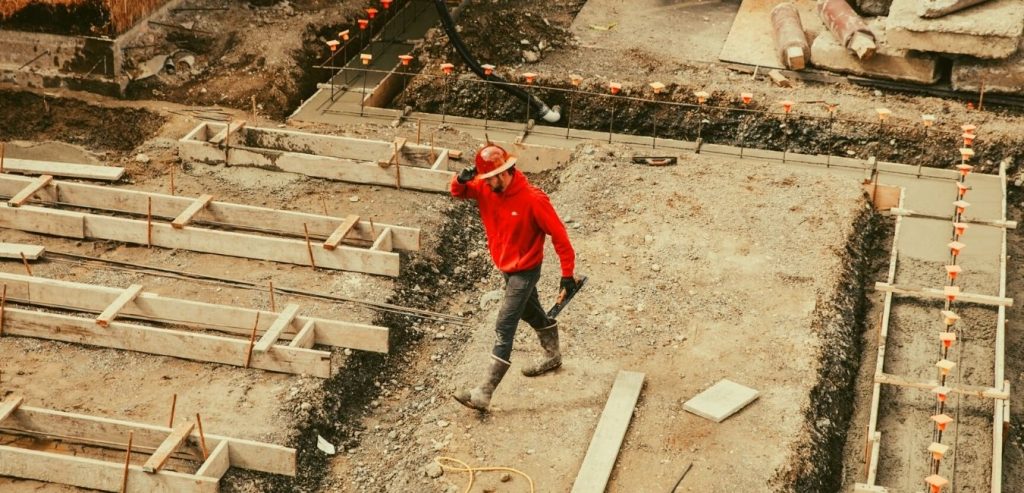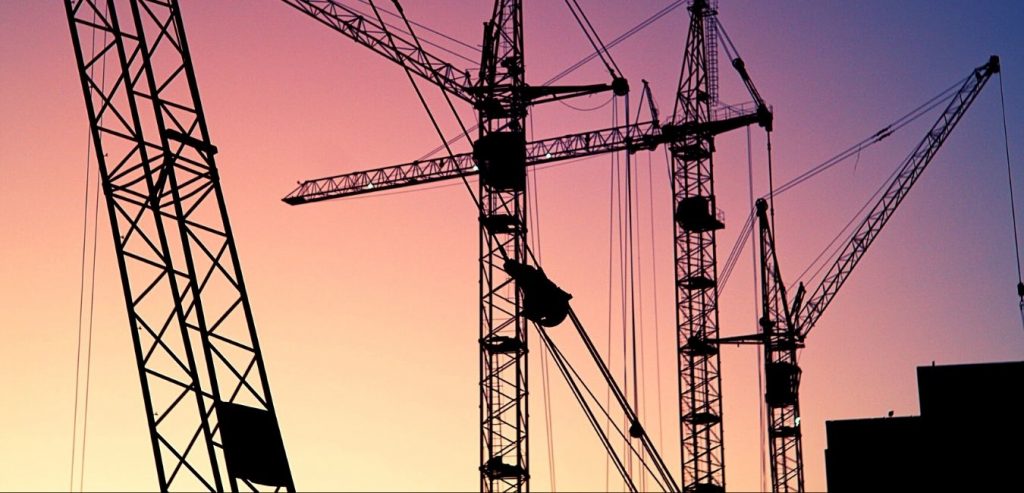Venturing into construction can be a tricky process. We have all heard the disaster stories of unfinished homes, inflated budgets, and rogue contractors. However, you don't need to venture into construction with a blind eye. With the right strategy, engaging in a construction project can prove rewarding and keep all the heartache and stress away. This article will discuss the basics and tips to keep you on course with your construction project.
Table of Contents
1. Come with ideas
Generally, home builders incorporate your insight before developing a plan. They follow your lead and not the other way round. Therefore, you should give them some direction to avoid having a generic copy and paste house. The beauty of a building is that you can customize your project, so always go armed with some inspiration.
So scrap some home magazines for inspiration. If you are embarking on a commercial project, check out your competitors and how they organize their space for inspiration. Check out their layouts, space usage, what you like, and what can be improved. This gives the project team an idea of what you want.
2. Plan well
Project success is pegged on proper planning. This is the best way to forecast a project’s lifecycle. Create an operation plan that follows the traditional construction phases such as planning, preconstruction, construction and closure, and initiation. Build up your deliverables from these project stages, and this will clearly define your goal and mission. At the end of every phase, you should be aware of the evaluation carried out to have a controlled evolution of your project.
Think of how well the building will serve you now and in the future. There are many valuable tools to help you stay on track. You can create mock floor plans or even old graph paper. Meticulously plan out details such as the direction your house will face, room layout, kind of lighting, and power points.
3. Follow the stages of construction
The construction process follows a linear pattern. For the best results, follow the process. The stages of construction are divided into six stages which are:
- Project conception, design, and planning
- Building permits
- Preconstruction
- Procurement
- Construction phase
- Post-construction
Before construction, contact the council early and establish a good relationship. This gives you the correct information to get started right away. Do not make any assumptions in construction but ask any questions you might have. Involve the right team in your project for the best results. Some tasks are simple, but others need you to use the best licensed professionals.
4. Budget for unexpected costs
Regardless of what you expect the construction process to cost you, it will probably cost more. Unforeseen finishing costs usually are overlooked in the cost estimation process. These include gas meters, internet cable hookups, landscaping, fences, and decking, and these costs can run up to 25% of the project costs. You can also take into account site costs and zoning fees that prepare your site for construction.
In addition to finishing costs, you may decide to change some fittings along the construction process, which will lead to a change of the expenses.

5. Choose the right contractor
It is recommended to choose a builder with experience in the type of project you want to embark on. The builder should be in good standing with the State Building regulations. An important thing to look for too is the company's insurance policy. The insurance policy should cover injured employees on the job. The insurance should also have a general liability clause that protects the company from getting sued for bankruptcy.
In unforeseen circumstances, the insurance policy should have enough coverage to salvage the project’s value, including labor costs.
A background check on the construction company working for you ensures you are working with a reputable and experienced team.
6. Understand the contract terms
Do not get into a contract that you do not understand. Establish all your expectations and detail everything you need, even if the warranty does not specify it. The agreement should be as detailed as possible. There should be clear contract terms that give accurate cost estimates and work breakdown.
Consult your project manager, and they can add addendums to the contract to protect you well.
7. Plan for delays
Delays not only cost time, but they cost money. It would help if you had a backup plan for delays immediately after construction starts. If delays are just a couple of weeks, finding an alternative is easy, but it will run you into heavy losses if they stretch to months. You also need to check storage facilities and ask a moving company to offer your storage or recommend someone.
If it is your working space, you should organize earlier on how your employees' work will work remotely while you are in transition.
8. Understand the type of construction
There are many types of construction projects today. Depending on the type of project, there are different construction experts to choose from. The types of construction are:
- Residential Construction
- Commercial and Institutional Construction
- Industrial Construction
- Infrastructure
The type of project affects the scope and type of project team needed. For instance, in small-scale residential projects, the contractor can do both the project's design and construction, but a whole team is necessary for large-scale projects.
9. Communication
Most of the project mishaps are a result of poor communication. Regularly scheduled meetings is a good way of keeping every member of the project team informed and involved.
As a client, you can also keep in touch with the project manager even via email if it is difficult to go to the field. Communication is a big part of enhancing collaboration with the project team. Learn the team's strengths and weaknesses and give feedback to optimize the team's performance.
10. Sort out your financing
There are high chances that you need a loan to finance the construction process when venturing into a construction project. A construction loan differs from a traditional loan since the lender does not release all the money at once. Money is released in periodic payments. The lender will need to know how much is necessary for the construction project and releases the money at the end of every construction phase. Therefore, it would help if you had a detailed construction plan in place before soliciting funds.
There are also several tips contractors can employ for the success of a construction project.

Tips for building construction
Construction projects involve many tasks, large teams, and lengthy concurrent timelines that make it challenging to stay on top of things. Staying on top of finances, paperwork, deadlines, and job duties can be very overwhelming at times. Here are share several tips that will help make your construction project viable and run as smoothly as possible.
Waterproofing
Waterproofing is the best way to protect a building from damages through changing seasons. It is a barrier against moisture and effectively prevents the formation of molds in the interiors. The contractor should provide for basement waterproofing to prevent water from leaking. Another tip is using polyurethane sealant between tiles so that water does not seep through the flooring.
Green opportunities
You don't need to be a hobbit to exploit green opportunities, but all projects can benefit from such opportunities. You can take advantage of ways to reduce water consumption and energy in your building. In residential buildings, you can use low-flow water fixtures to collect roof water. Reducing the energy consumption of a building gives a quicker return on investment.
Reusing concrete slabs
Concrete slabs do not need to be disposed of after use in an old structure. Depending on the material, size, and shape, the slabs can be reused in new projects. Old construction materials are cheaper, and they significantly reduce the amount of solid waste. This is an environmentally friendly alternative and a money-saving technique.
Drug testing in construction
Drug testing is not about catching drug abusers, but it is a way of maintaining a safe work environment. Unfortunately, construction workers have numerous drug and substance abuse cases, which substantially increases construction risks. Drug testing programs improve safety in construction sites. On average, construction companies with drug testing programs have 51% lesser incidents compared to their counterparts.

Frequently Asked Questions
As a client, can I be involved in the design-build process?
Absolutely! This is your project, and the design team should always be aware of your needs and requirements. This way, the design team can effectively deliver your requirements.
How long will my project take?
There is no fixed timeline for project completion, but this depends on the building's scope and complexity. Reputable contractors work with clients to establish precise schedules and realistic completion timelines.
What can be done to reduce the noise in my construction site?
Eliminating noise is impossible on a construction site, but people can employ some strategies to reduce noise. These include selecting quiet equipment. The contractor should check noise levels when selecting equipment. The noise can also be minimized during the design process by using things like design ducts rather than chasing channels.
Conclusion
Successful construction is a series of good decisions made by the client and the project team. Good decisions affect the success and longevity of the project. Therefore, take enough time to assess and perform due diligence on the project. Never feel pressured into making impulsive decisions. If you plan well and sign a contract with the right builders, you will lay the groundwork for your project's successful operations.

